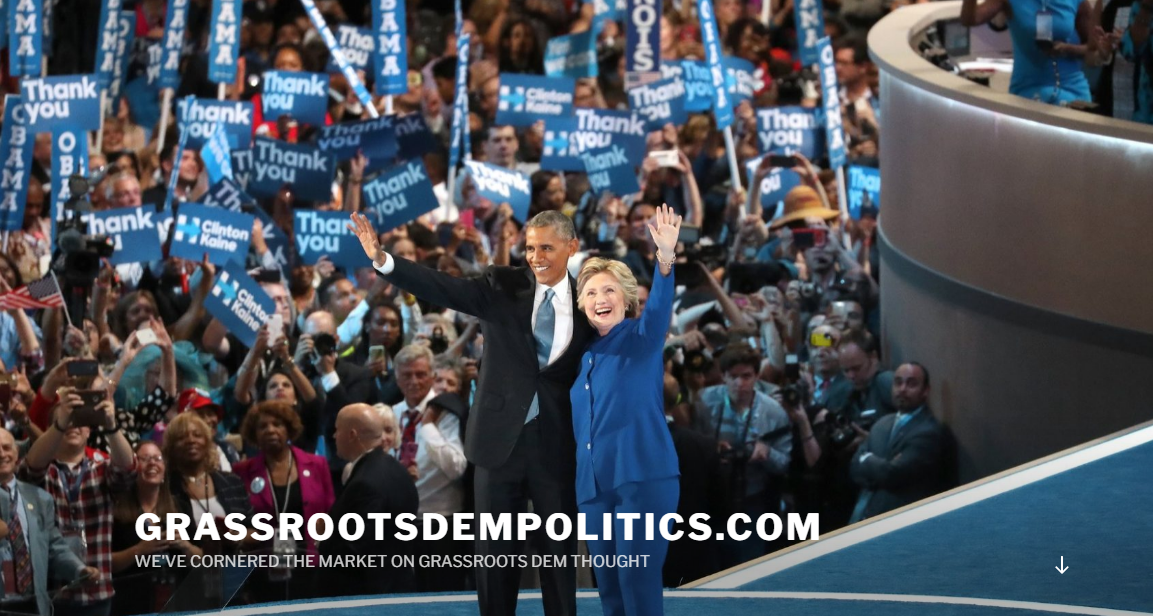Please consider $upporting GDPolitics by scanning the QR code below or clicking on this link

President Trump’s latest tariffs have dealt a severe blow to America’s farmers—many of whom form the backbone of his political base. By making U.S. agricultural exports more expensive abroad, the tariffs have driven key trading partners, especially China, to look elsewhere for soybeans and beef. The result: a mounting glut of unsold American farm goods and growing resentment in rural communities that once rallied behind the “America First” banner.
Nowhere is the impact clearer than in the soybean sector. For years, China was the single largest buyer of U.S. soybeans, accounting for over half of all American exports. But since the imposition of Trump’s tariffs, Beijing has turned almost entirely to Argentina and Brazil to fill its soybean needs. The shift has devastated U.S. growers across the Midwest—states like Iowa, Illinois, and Missouri that voted overwhelmingly for Trump in 2020 and again in 2024.
What makes the situation even more striking is Argentina’s precarious economic state. The country teeters on the edge of financial collapse, yet President Javier Milei—a populist and self-proclaimed ally of Trump—has benefited from a quiet U.S.-backed economic rescue package. That move, intended to stabilize Argentina’s government, has inadvertently helped keep its agricultural exports flowing—at the direct expense of American farmers.
“This feels like betrayal,” said one Iowa soybean farmer interviewed by local media. “We were told America First. But right now, it looks like Argentina first.”
The same story is unfolding in the cattle industry. U.S. ranchers, already squeezed by high feed and fuel costs, now face declining demand from key international buyers. China and several Asian nations have ramped up imports of Argentine beef, taking advantage of lower prices and a favorable trade environment. For American ranchers, the optics of Washington bailing out a competitor while their own operations struggle are politically toxic.
As the 2026 midterms approach, this discontent threatens to boil over. Farmers who once viewed Trump as their champion are questioning whether his trade policies—and his personal alliances—reflect the economic nationalism he promised. In small-town coffee shops and agricultural forums across the Midwest, talk of a “farmer revolt” is no longer unthinkable.
The irony, of course, is that the very communities that helped fuel Trump’s rise could now play a decisive role in blunting his political momentum. If the rural backlash takes root, it could reshape not just the midterms, but the broader balance of power in a Republican Party increasingly split between loyalty to Trump and frustration over his policies.
In short, America’s farm country is waking up to a sobering realization: “America First” may have sounded good on the campaign trail—but the global farm economy tells a very different story.
